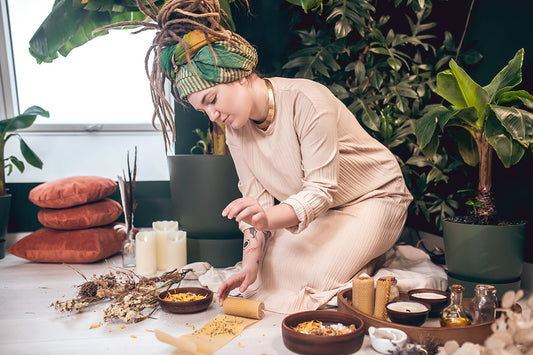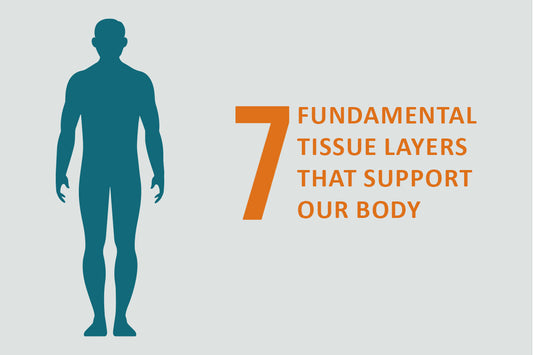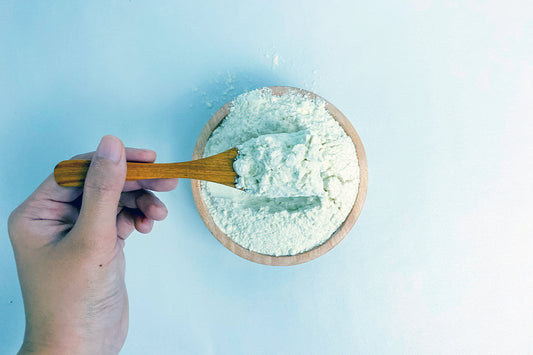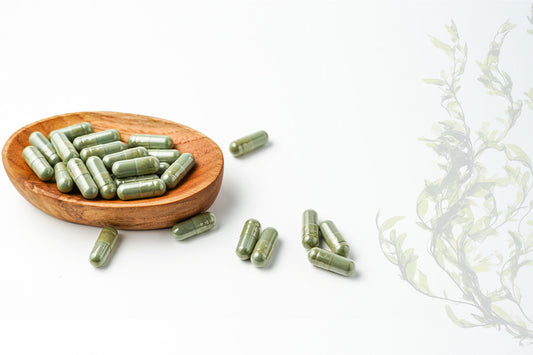Ever wondered why your skin suddenly looks tired, dry, or older than it used to? You might blame the weather, your skincare products, or even genetics. But often, the real reason lies in your everyday lifestyle. From what you eat to how much you sleep, and even the air you breathe—each habit leaves a mark on your skin.
Skin is your body’s largest organ, and it's closely tied to how you live your life. The choices you make each day either support or challenge your skin’s natural ability to stay smooth, strong, and hydrated. Let’s explore how lifestyle factors can shape the way your skin looks and feels.
- The Connection Between Lifestyle and Skin Health
Your lifestyle plays a huge role in how your skin behaves. Stress, poor sleep, smoking, and eating too many processed foods can affect your skin's barrier function. This barrier helps keep moisture in and harmful elements out. When it's compromised, your skin may start to feel dry, itchy, or even look dull.
The body uses nutrients to keep the skin firm and hydrated. A lack of key vitamins and minerals may slow wound healing, break down collagen, and weaken the skin over time. Even your level of physical activity impacts circulation, which helps keep skin cells fresh and oxygenated.
- What You Eat Shows Up on Your Face
The food you eat each day directly affects your skin’s texture, tone, and overall health. Diets high in sugar, salt, and processed foods can lead to breakouts and dullness. These foods may also damage collagen and elastin—the two proteins that keep your skin firm and stretchy.
On the flip side, eating plenty of fresh fruits and vegetables helps your body support skin structure and hydration. Leafy greens, berries, carrots, and citrus fruits are loaded with nutrients that assist your body in maintaining smooth, glowing skin. Healthy fats from avocados, nuts, and seeds also help the skin stay supple and soft.
- Smoking and Its Skin-Damaging Effects
If you smoke, your skin is likely paying the price. Smoke damage doesn’t just affect your lungs—it impacts your skin too. Smoking limits oxygen flow, which can make your skin look tired and pale. Over time, it may also slow down wound healing and damage collagen fibers.
This can lead to more wrinkles, uneven tone, and sagging. Even if you’re not the one smoking, secondhand smoke can still have negative effects on your skin health. Choosing a smoke-free environment helps your body support fresh, youthful-looking skin.
- The Role of Sun Exposure
While getting some sun can help with vitamin D levels, too much can be harsh on the skin. Long-term sun exposure can dry it out, speed up signs of aging, and lead to dark spots or uneven color. UV rays can also break down collagen and elastin, which causes the skin to lose its firmness over time.
Wearing a wide-brimmed hat, covering your skin, and staying in the shade during peak sun hours are smart ways to help maintain skin comfort and hydration. Look for gentle skincare products that help ease dryness and help the skin stay calm after sun exposure.
- Hydration: Inside and Out
Dry skin is one of the most common signs that your lifestyle might need a change. Staying hydrated by drinking water throughout the day helps your skin stay plump and elastic. Dehydration, on the other hand, makes fine lines more visible and can cause tightness or flaking.
Hydration isn’t just about water intake. Skincare routines that help lock in moisture also support the outer layer of your skin. Using gentle cleansers and moisturizers that don’t strip your natural oils can help your skin maintain a smooth, soft texture.
- Stress and Lack of Sleep
Chronic stress and poor sleep habits are two major lifestyle issues that show up on your skin. Stress can trigger oil production and lead to breakouts, while lack of sleep slows down your skin’s natural repair process. You may notice dark circles, puffiness, or a tired look that doesn’t go away.
Sleep is when your skin gets a chance to restore itself. Not getting enough can affect circulation and hydration levels, which can leave your skin looking dull. Creating a relaxing bedtime routine and aiming for 7–9 hours of sleep a night can help ease these effects.
- Environmental Factors That Sneak Into Your Routine
Your surroundings have more to do with your skin than you might think. Pollution, dry indoor air, and harsh weather can all wear on your skin day after day. Polluted air, especially in urban areas, can clog pores and lead to skin discomforts. Cold or dry climates often make the skin flaky and irritated.
Adding simple habits like using a humidifier in dry weather or rinsing your face after being outdoors can help your skin feel more comfortable. Look for gentle, fragrance-free products that support the skin barrier and keep it hydrated.
Conclusion
Your skin reflects the choices you make every day. While you might not notice changes overnight, your daily habits add up over time—either helping your skin stay smooth and hydrated, or causing it to feel dry, rough, and aged.
Paying attention to your diet, sleep, hydration, and environmental exposure can help maintain your skin’s natural texture and strength. Small changes like eating more fruits and vegetables, staying away from smoke, and limiting sun exposure can go a long way in helping your skin look and feel better in the long run.
So next time you see a new wrinkle or dry patch, take a moment to think about your lifestyle—it might be trying to tell you something.






